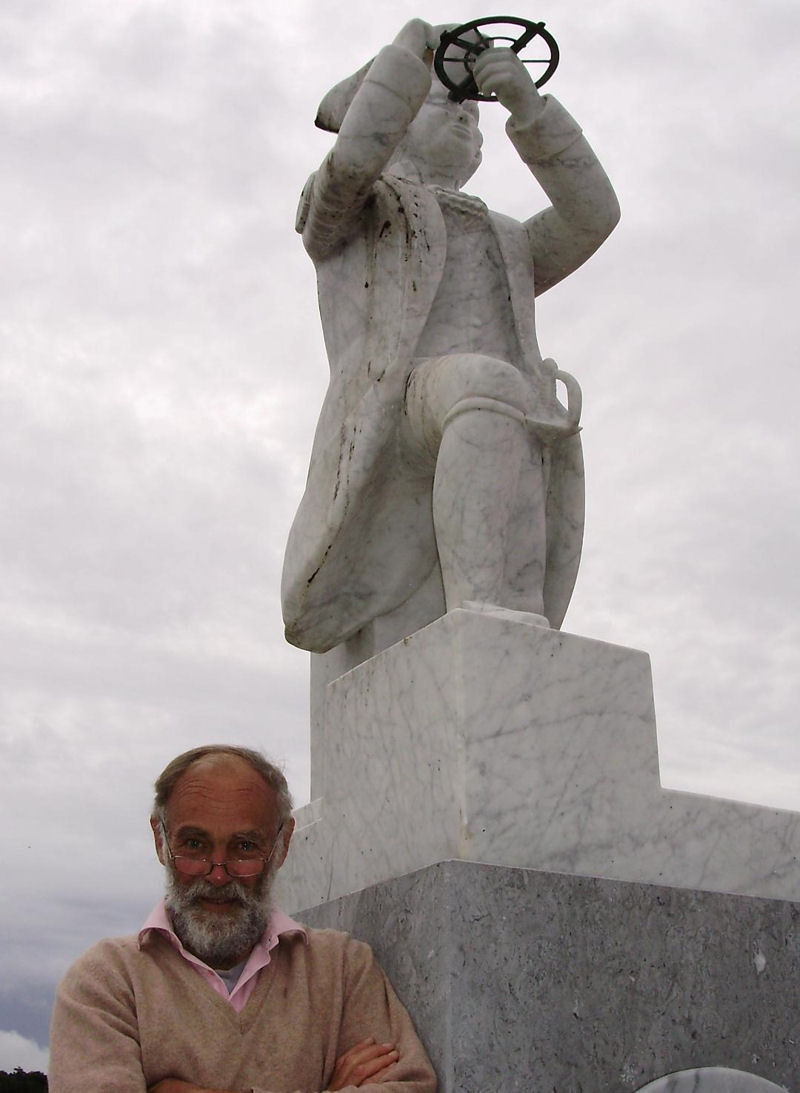2022-3 NO TO WAR - Нет войне
 Friday, February 25, 2022
Friday, February 25, 2022 JAW-JAW
The talks were getting nowhere, so Winston Churchill grabbed a piece of paper and wrote, “Poland, 90% yours, 10 % ours; Czechoslovakia and others, 50:50; Greece, 90% ours, 10% yours.” Jozef Stalin looked for a moment and then, tick. That was in 1944. The fate of millions, fixed, with a tick – the ‘percentages agreement’ – and both had their spheres of influence.
Stalin then took control of Eastern Europe, the western border of which Churchill was the first to call the Iron Curtain in 1946. Thus the two allies against Hitler, one a capitalist, one a communist, both imperialists (with a common attraction to alcohol), became the adversaries of the Cold War. Next, Stalin cut off the tail of Czechoslovakia so that Russia had a common border with Hungary, all in anticipation of 1956, when Soviet tanks were to roll into Budapest (while British guns were to fight in Suez).
Inter alia, World War II brought about the beginning of the often painful end of the British and French Empires. One empire remained, however, the Russian Empire, the Soviet Union; and another emerged, based on an expanded Monroe doctrine – that of the USA. Unlike other empires, the Russian/Soviet domains were always contiguous. Initially, 1,000 years or so ago, Moscow, Moscovy, was a relatively small city state, a colony if you like of Ukraine, part of what was Kievan Rus’. Then, while British and French sailors went westward overseas, to conquer, Russian soldiers did the same overland, eastwards. Ivan the Terrible took Kazan in 1552, and they continued, over the centuries, until they reached the Bering Straits (and even Alaska… which they sold for a pup to the US). In the wake of Lenin’s 1917 coup d’état (revolution), only Finland got her independence, and Moscow retained its other spheres of influence, in the Caucasus for example. It gave lip service to the communists in Spain, who were miles away; and to their ‘comrades’ in Greece. But Poland? The old enemy? On a common border? No; that had to be 90% Russian. (And politically, 90% = 100%.) Tick.
So the battle lines were drawn. A few countries managed to stay neutral – Finland, Ireland, Sweden and Switzerland – but pretty well everyone else took sides. Hence, in 1949, the formation of NATO, and in retaliation, six years later, the Warsaw Pact, both sides bristling with nuclear missiles.
In 1991, however, the Soviet Union collapsed, as did the Warsaw Pact. And NATO? The job done? Nuclear disarmament? Peace dividend? Time to retire, perhaps, to take up golf? Apparently not. NATO was then involved in Iraq and Afghanistan, neither exactly on the Atlantic seaboard, doing what should have been done, if at all, by the UN.
From Putin’s point of view, therefore – and many peoples dream of days long gone – 1985 and Mikhail Gorbachev led to a disaster. Perestroika involved many changes, not least democratisation and the right of self-determination. So just as Ireland could opt out of the UK, and NI opt out of Ireland, so too Georgia could opt out of the USSR, and Abkhazia out of Georgia. The first ethnic clashes in the Soviet Union were in 1998, in Nagorno-Karabakh, and the headline in Moscow’s main newspaper Pravda the next morning was “This is our Northern Ireland,” ‘Вот Наш Оьлстер’. And wars followed, in Azerbaijan, Chechnya, Georgia, Moldova (and Yugoslavia). In 2008, Georgia wanted South Ossetia back again, so Saakashvili started a war. Putin retaliated.
Six years later, in Crimea, where Stalin and Churchill had met 60 years earlier, the local Russian-speaking Ukrainians held a referendum, which is what we do. Other Russian-speakers did the same, in Donetsk and Luhansk, which is what Scotland was doing – and the word ‘Shotlandiya’ (Scotland) was used by Russian separatists, ‘justifying’ the unjustifiable. Yet others in Donetsk had another referendum – the Russian call it ‘matryoshka nationalism’ (after those famous Russian dolls) – trying in vain to opt out of opting out so as to opt back in again, which is what Northern Ireland did a hundred years ago.
So, with Russian tanks yet again rolling across borders, what do we do now? Well maybe we should recognise (non-Slav) Chechnya as an independent state? Or the land of the (non-Slav) Buryat peoples (near Lake Baikal)? Or that of the Chukchis, on the shores of the Pacific? But is it not ridiculous that, in the name of majority rule, all power is given to just one individual, Putin (or Johnson)? Should we not reform our democratic structure away from majoritarianism to a more consensual form? After all, the Russian word for ‘majoritarianism’ is ‘bolshevism’ (большевизм).
 Deborda | Comments Off |
Deborda | Comments Off | 

